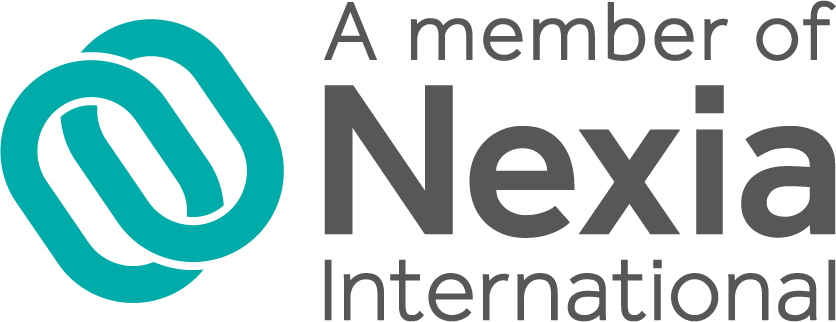Nexia Insights: Swiss Tax Reform (TRAF)
Switzerland continues to remain an attractive location from a tax perspective, also as compared to other countries.
ADB News on Nexia Insights
After a referendum was called in opposition to the Federeal Act on Tax Reform and AHV Financing (TRAF), the Swiss electorate approved the draft legislation with a clear majority on May 19 2019. It is anticipated that the Federal Council will have the revised legislation take effect as of January 1 2020. As a result, Switzerland continues to remain an attractive location from a tax perspective, also as compared to other countries.
1. Measures
With this reform, the following tax measures will take effect as of January 1 2020 (cf. our newsletter of October 1 2018):
- The cantons will be financially supported by the federal government so that they can reduce their income tax rates. At the moment, reductions of corporate income taxes to an effective rate between 12-18% (total tax burden including direct federal tax) are foreseen by the cantons.
- The tax privileges for holding, mixed, domiciliary and principal companies as well as for finance branches will be abolished as they are no longer accepted internationally.
- Hidden reserves that have accrued in the course of a tax privilege will be separately taxed upon their realisation over a maximum period of five years.
- A tax-neutral step-up of hidden reserves upon migration to Switzerland or upon transition from tax-exemption to ordinary taxation will be allowed. As such, companies can disclose hidden reserves in the tax balance (step-up) and amortise them for ten years.
- A patent box will be introduced at the cantonal level, which will allow for reduced taxation on earnings from patents and comparable rights. The tax relief is limited to 90%.
- The expenses for research and development incurred in Switzerland can be deducted at the cantonal level for tax purposes up to 150%, if the canton provides for this new measure (R&D deduction).
- Cantons with high tax rates may allow for the deduction of notional interest on excess equity capital (NID). Based on the anticipated changes in cantonal tax rates currently known, it is expected that this measure can only be implemented in the canton of Zurich.
- The overall tax relief as a result of the patent box, the R&D deduction, the NID, and the write-off for hidden reserves released after a voluntary change of tax status under the old law is limited to 70%.
- For capital taxes, cantons may provide for reductions for equity that is attributable to participations, intragroup loans, or patents and comparable rights.
- Taxation of dividends from qualifying shareholdings of individuals is increased to at least 70% on federal level and at least 50% on cantonal level.
- The 5% threshold required for taxing a so-called transposition will cease to apply. In the future, if shares are transferred into a self-controlled company, the sales proceeds, deducting the nominal value and capital contribution reserves or for in kind-contributions, the increase in nominal value and capital contribution reserves, will be taxed, irrespective of the share of participation.
- Companies listed on a Swiss stock exchange may only then still pay out capital contribution reserves free of tax if they distribute an equal amount of taxable dividends. An analogous rule applies for share buy-backs followed by a capital reduction (partial liquidation). There is an exception for companies having migrated to Switzerland after February 2008. The latter may distribute capital contribution reserves transferred from abroad tax free without limitation.
- Swiss permanent establishments of foreign companies will be able to claim the lump sum tax credit if they are subject to tax in Switzerland.
2. Implementation
For implementation of individual measures at the federal level, the Swiss Federal Council has already prepared regulations that will presumably likewise go into effect as of January 1 2020. Presently, there are detailed implementation provisions for, in particular, the patent box and the NID, although for the latter, the consultation period still runs up until July 17 2019. The cantons are primarily affected by the elimination of the tax privileges. However, the status and the timetable for implementation in the cantons vary.
ADB will provide more detailed information on the individual topics in the coming weeks. However, in advance of this we wish to call attention to the impending increase in taxation of dividends from qualifying shareholdings of individuals at the federal level and in numerous cantons (e.g. in the cantons AG, BL, BS, GR, SG, SO, TG or UR). It must be evaluated whether distributions should still be undertaken this year under the old law in order to benefit from the currently still applicable lower taxation. In so doing, distributions are as a general rule also possible without a liquidity outflow, and the distribution amount may be maximised, where applicable, by suitable civil law measures.
